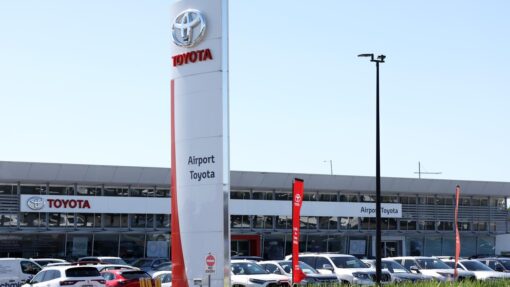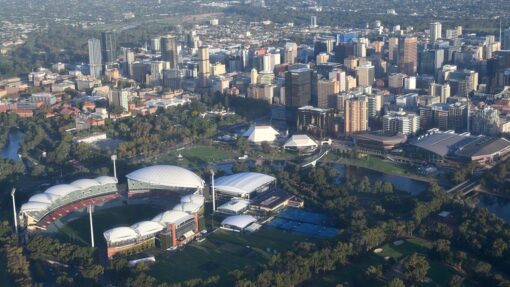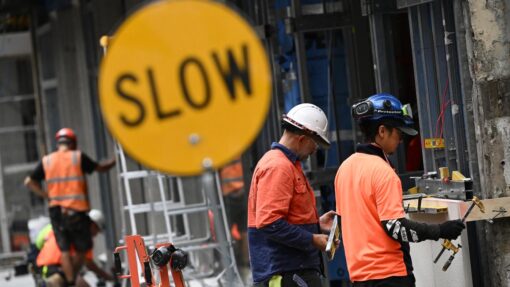Queensland renters locked out of solar savings
Jennifer Dudley-Nicholson |

Queenslanders will need to install solar panels on another 500,000 homes by 2030 to meet Australian energy targets and one in five should be installed on rental properties, a renewable energy group says.
Solar Citizens issued the call on Friday, saying bipartisan political support is needed on a range of energy issues to deliver more batteries and electric vehicle chargers to households.
Measures in the group’s policy plan include regulatory changes for energy in rental homes, an extension of the state’s Battery Booster program, and a $20 million fund for upgrading apartment buildings.
This week, Queensland set a new record for solar power generation and the federal government approved plans for Australia’s biggest solar farm, the SunCable Australia-Asia Power Link, in the Northern Territory.
Solar Citizens CEO Heidi Lee Douglas said renewable energy would play an increasingly important role in reducing carbon emissions and cutting the cost of living in Australia.
The group’s analysis of the Queensland market showed it would need 500,000 more rooftop solar installations and another 200,000 household batteries in operation by 2030 to meet Australian Energy Market Operator targets.
Regulatory changes and financial support would be needed to meet that goal, Ms Douglas said, particularly for those living in rental properties.
“Rooftop solar is a great success story in Queensland, with the highest solar uptake in Australia and the highest solar uptake per capita in the world,” she told AAP.

“But there are still lots of Queenslanders who are locked out of these cost-of-living savings and that’s what we want to address.”
Changes to rental properties under the Solar Citizens proposal include minimum energy performance standards, energy performance disclosed in rental ads, and changes to body corporate laws to lower the voting threshold for solar installations.
The policy also calls for a $20 million fund over four years to retrofit apartment buildings with electric vehicle chargers, the installation of batteries in social housing, and an extension to the state government’s Battery Booster program that had been exhausted.
Ms Douglas said LNP leader David Crisafulli had committed to announcing a solar rental property policy but had yet to reveal details, while the Labor government had allowed its battery and solar rental programs to run out.
She said both parties should commit to strong renewable energy policies as they would be popular with voters ahead of the state election in October.
“Cost-of-living cuts across all political divides,” she said.
“What we want to see is a reduced cost-of-living long-term for Queensland residents that also helps reduce our carbon emissions.”
According to Global Power Energy data, rooftop solar in Queensland provided more than half the state’s energy needs in the middle of the day on Sunday.
AAP


